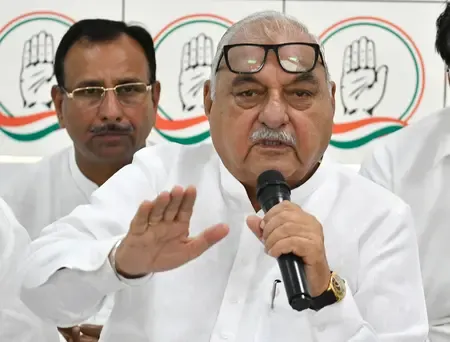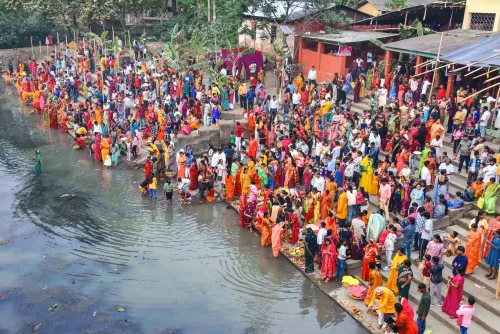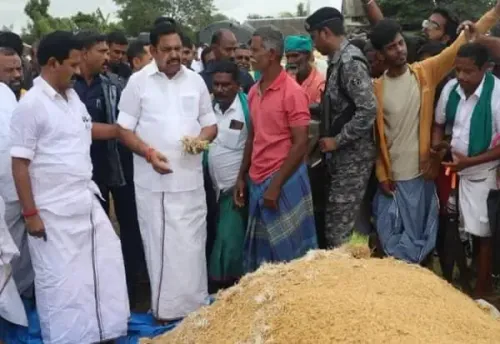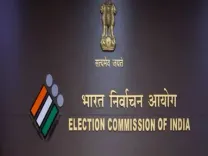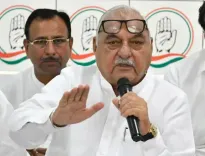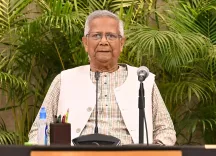What Legacy Did Congress Leader Yogendra Makwana Leave Behind?
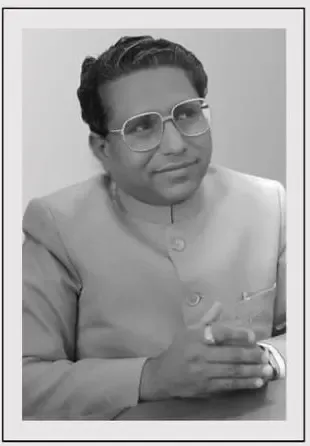
Synopsis
Key Takeaways
- Yogendra Makwana was a veteran Congress leader with a legacy of public service.
- He held various ministerial roles, contributing significantly to national governance.
- Advocated for the upliftment of marginalized communities.
- Played a key role in the resolution of the Assam agitation.
- His family also has a strong political background, continuing his legacy.
Ahmedabad, Oct 21 (NationPress) Yogendra Makwana, a distinguished leader from the Congress party and former Union Minister, has passed away, leaving a profound legacy of public service that has lasted for decades.
Born on October 23, 1933, in Sojitra village of Gujarat's Anand district, Makwana was an erudite statesman, attaining degrees in B.A., LLB, and a PhD.
Coming from a family committed to public service, his wife, Shantaben Makwana, was a member of the inaugural Gujarat Assembly in 1962 and held ministerial positions in Health and Water Resources.
Their daughter, Anuradha Mall, had a notable career as an IAS officer, retiring as Gujarat's Additional Chief Secretary, while their son, Bharat Makwana, represented the Sojitra assembly constituency and contested the 2024 Lok Sabha elections from Ahmedabad (West).
During his time in the Union Cabinet under the leadership of former Prime Ministers Indira Gandhi and Rajiv Gandhi, Makwana held significant portfolios including Home Affairs, Planning, Communications, Steel and Mines, Health, and Agriculture from 1980 to 1988.
His administration was characterized by initiatives aimed at enhancing national governance and fostering inclusive development.
Makwana's political journey began as the General Secretary of the Kheda District Praja Samajwadi Party before he joined Congress at Indira Gandhi's invitation.
Throughout his life, he advocated for the upliftment of Scheduled Castes and other marginalized communities, earning him widespread respect for both his administrative skills and his ability to connect with diverse groups.
Notably, in 2006, he became the Chairman of the Scheduled Caste Department of the All India Congress Committee (AICC), where he promoted welfare initiatives, including the Social Component Plan aimed at enhancing the lives of disadvantaged communities.
His efforts were instrumental in easing the Assam agitation, as he engaged with the All Assam Students Union and Assam Gana Parishad, which ultimately facilitated the political integration leading to Prafulla Mahanta’s ascension as Assam's Chief Minister.


